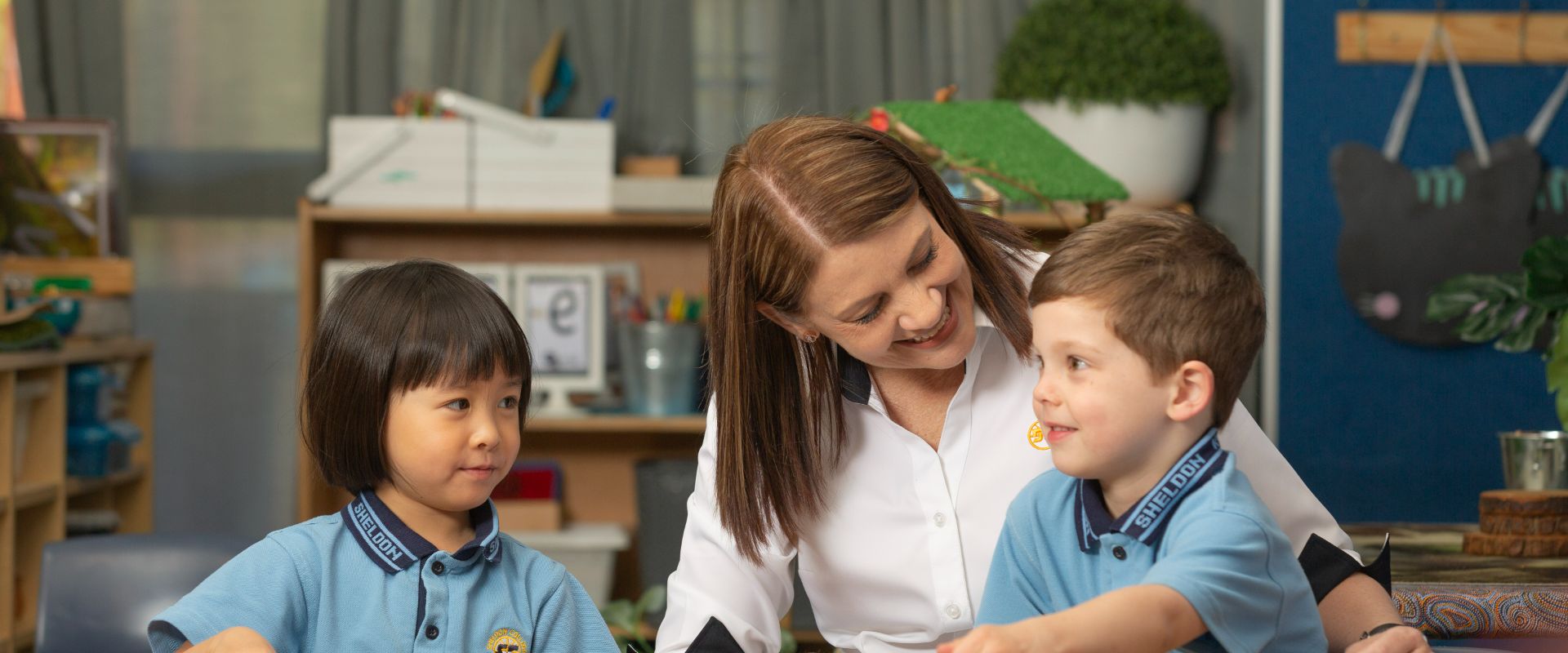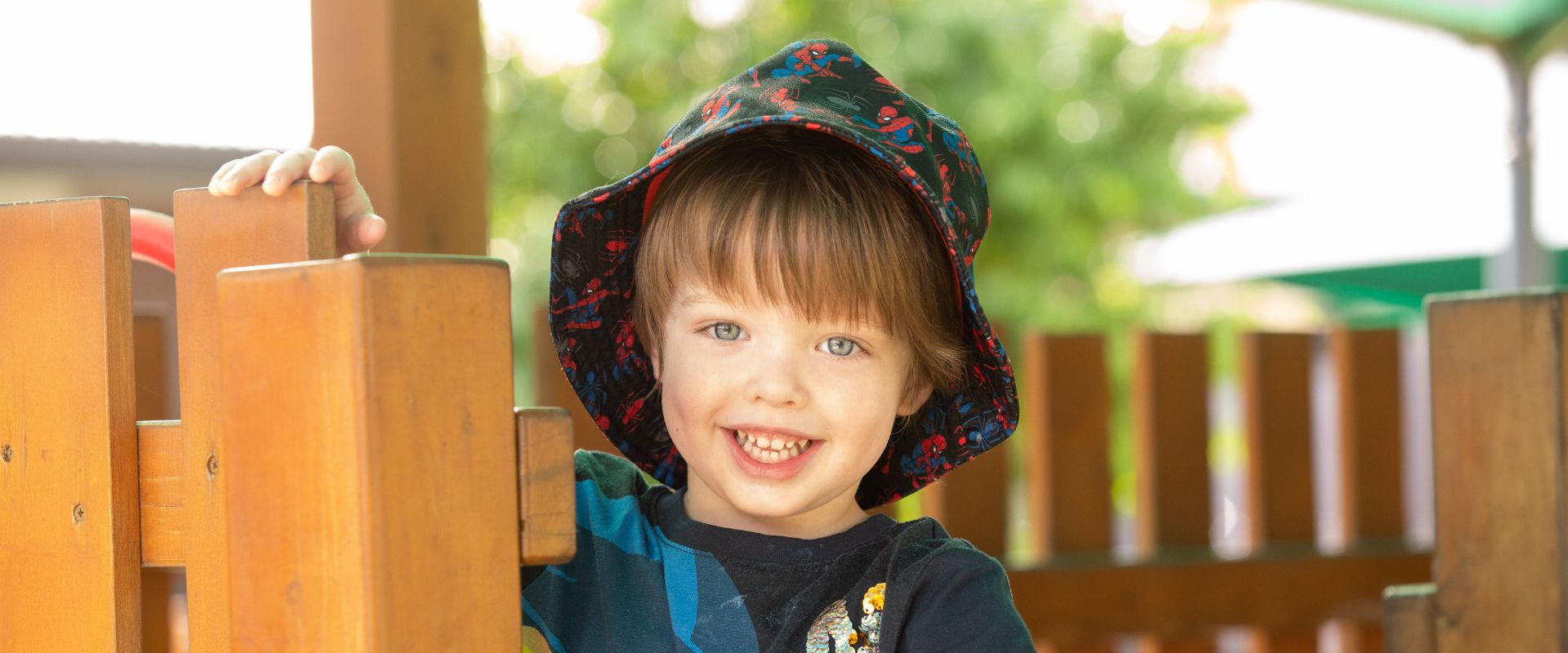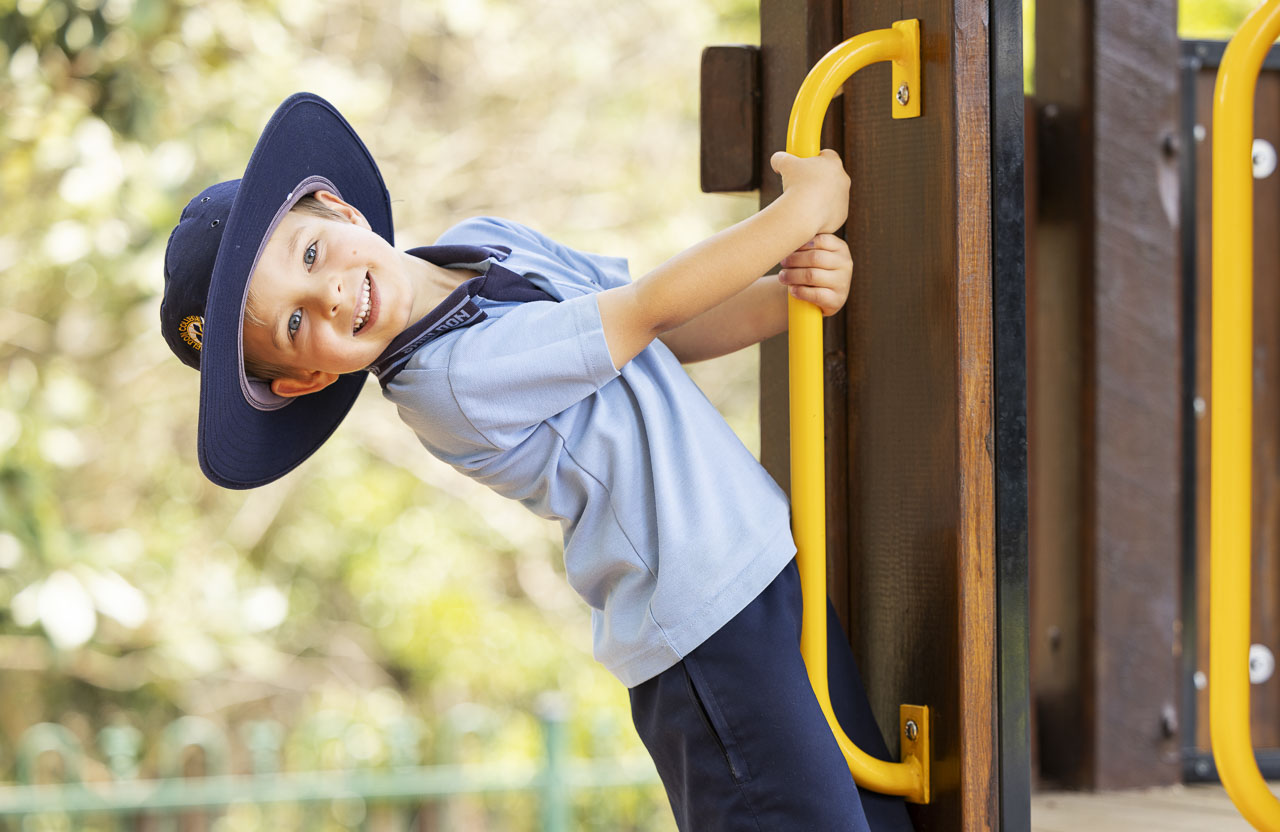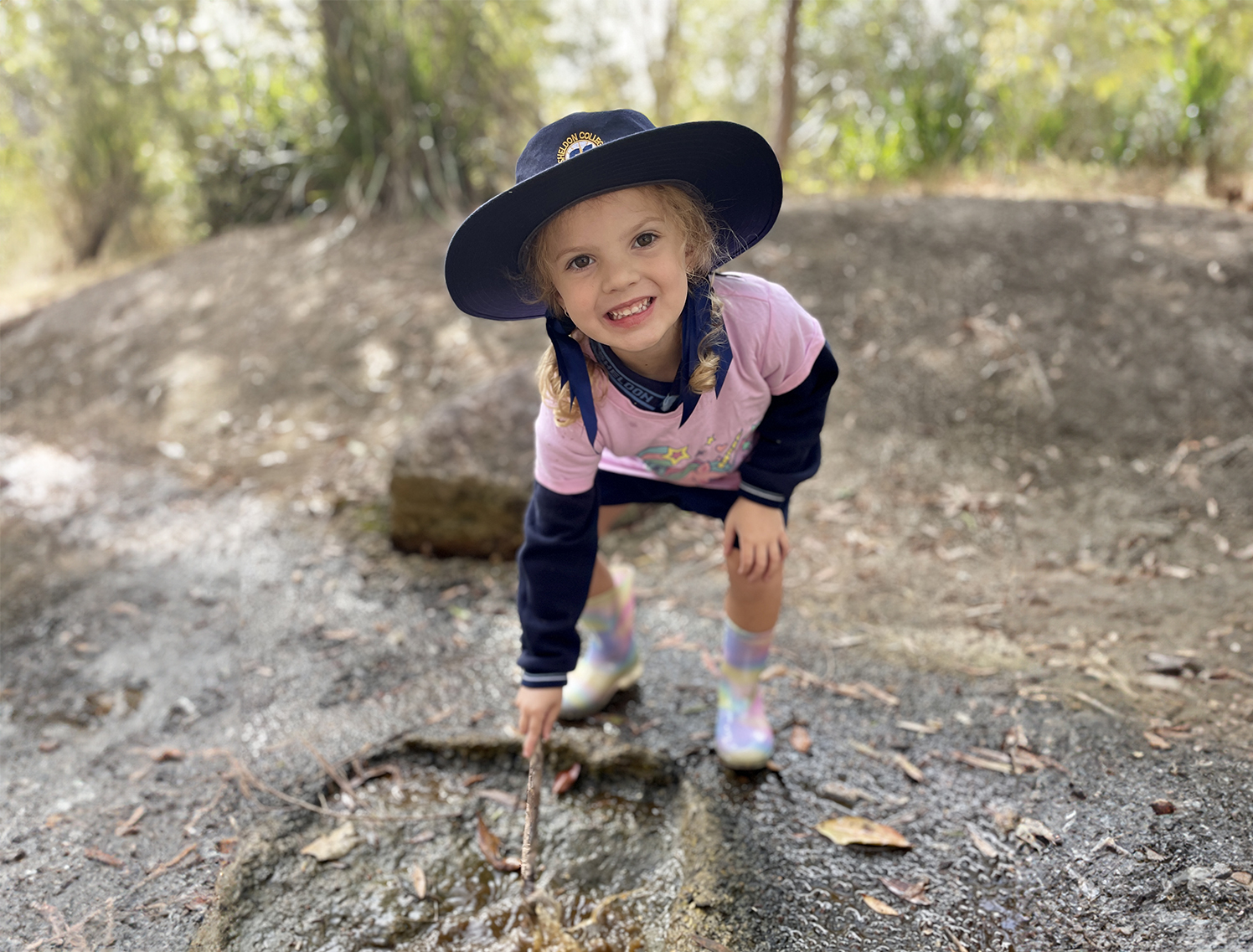Our nurturing and stimulating environment is designed to inspire curiosity, creativity, and confidence in young children. At Sheldon College, we understand the importance of the early years in a child’s development, and our dedicated team of educators is committed to providing a supportive and enriching experience that fosters growth in all areas. Join us in creating a bright future for your child, where every day is an adventure in discovery and joy.

Teaching & Learning
Drawing inspiration from the Reggio Emilia approach and aligned with the Early Years Learning Framework, our contemporary curriculum supports holistic learning and development. Through inquiry, curiosity, creativity, and questioning, children explore the world and develop a genuine passion for learning.
Our curriculum nurtures children's thinking, problem-solving, movement, foundational language, literacy, and numeracy skills. We foster individual growth and a sense of community, promoting communication, friendship, and collaboration.
Sheldon College Early Learning Centre
Sheldon College ELC provides exceptional early learning experiences that set the foundation for a child's lifelong love of learning. Our nurturing and secure environment offers long day care for children aged 15 months to four years. Our qualified team prioritises relationships with families to ensure the best outcomes for each child.
Our Long Day Care Facility opens between the hours of 6:30am and 6:00pm. Four rooms are available to cater for children from fifteen months to School Age. Our fully air-conditioned Centre operates for fifty weeks of the year.

Exceeding Expectations
We are proud to exceed the National Quality Standard, as recognised by independent assessors from ACECQA. Our outstanding level of care and service sets us apart in delivering exceptional early learning experiences.
Kindergarten
At Sheldon College Kindergarten, our children are confident learners and leaders, actively engaging in collaboration, creativity, and critical thinking. They contribute and grow as valued members of our community, embodying joy, kindness, and a sense of social and environmental responsibility.
In Kindy, our sessional five-day-a-week program, from 8:20 am to 2:30 pm, serves as a vital entry point into Sheldon College. In addition to the core hours of operation, Before and After Kindy care as well as Vacation Care is available on the Kindergarten premises.
Led by qualified teachers and dedicated co-educators, our Kindergarten classes foster a supportive community where strong connections and friendships form. We prioritise exceptional early learning experiences, placing children and childhood at the forefront of our contemporary pedagogy. Our Kindy teachers maintain strong connections with the Prep program, ensuring a seamless transition and continuity in your child's education.

Queensland Government’s Free Kindy Program
We are pleased to advise that the Sheldon College Kindergarten participates in the Queensland Government’s Free Kindy Program. This program provides 600 hours per year of free kindergarten when the program is delivered by a qualified early childhood teacher. Being a 5 day per week Kindy program, our program equates to more than 1,200 hours per year. Accordingly, we have adjusted our Kindy fees to include the 600 hours of Free Kindy.

Nature and History
Nature plays a significant role in our Kindergarten program, as children connect with expansive green play spaces and embrace the rich cultural history of the Quandamooka Peoples. We prioritise authentic relationships and experiences of belonging, being, and becoming; beginning each day with gratitude.

